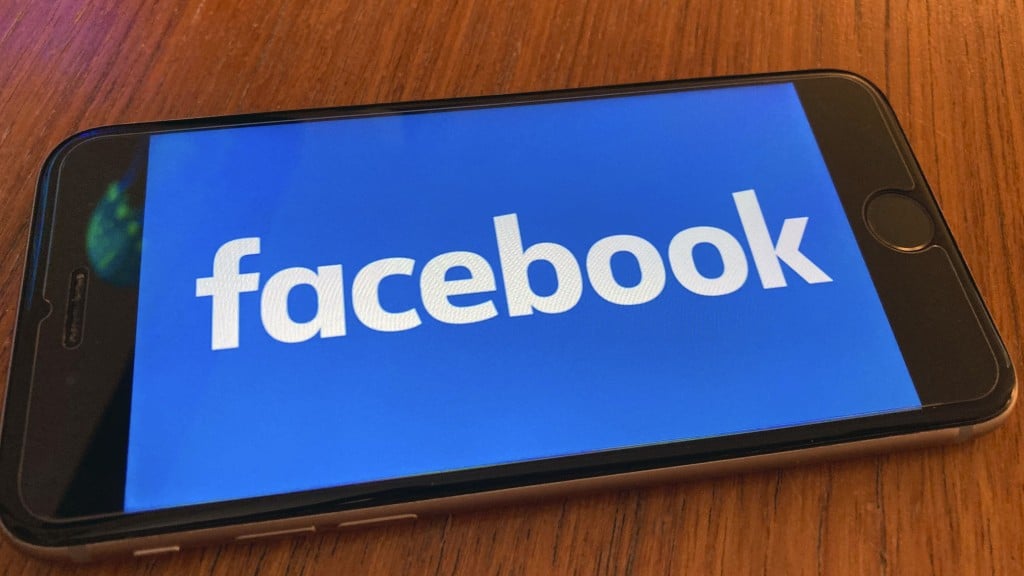As rumored, Meta announced on Monday that it will be changing the way artists and music rightsholders are paid from Facebook, moving to a revenue-sharing model for user-generated video content, although it has not shared full details.
In the new system, video creators who use licensed music in videos over 60 seconds long on Facebook will receive a 20% share of any advertising revenue generated by their videos. “A separate share” — presumably the remaining 80% of that advertising revenue — will then be split between the music’s rightsholders and Meta, although how and how much that revenue will be split has not been confirmed. A rep for the company declined Variety‘s request for further information “due to confidentiality agreements with our partners.”
In making the announcement, Facebook said it will now be “easier for creators to monetize their videos that use licensed music” from a curious selection of “popular and emerging artists” — Post Malone, Tove Lo, Grupo La Cambia, Leah Kate, Bicep — giving “both creators and music rights holders a new way to earn money from videos on Facebook.”
It says the program is powered by Rights Manager, “a video, audio and image-matching tool we developed to help content owners protect their rights and manage their content at scale. In addition, this feature is made possible through our partnerships across the music industry; it’s the first of its kind at this scale.”
Despite the lack of detail, the move is significant in that it will be the first time that music rightsholders will be receive revenue generated by an ad on a user-generated Facebook video — with the caveats that it must be licensed, and be more than one minute long (which is definitely a minority). However, it does not affect official music videos (which are covered by different licenses) and does not affect content on Instagram, which is also owned by Meta.
And while it clearly does not directly affect TikTok, which has been involved in a long battle over music rights for many months, it does advance the larger situation.
Significantly, and perhaps in advance of this move, Kobalt, which administers songs by Paul McCartney, Foo Fighters, Max Martin, Childish Gambino and hundreds of others, recently removed a whopping 700,000 songs from Facebook and Instagram because the license has expired and the two sides have not yet agreed to new terms.
Love Film & TV?
Get your daily dose of everything happening in music, film and TV in Australia and abroad.
According to its latest “Music in the Air” report, Goldman Sachs estimates that Facebook contributed 29% of all “emerging platform” advertising revenues paid to the recorded-music industry in 2021.
From Variety US































